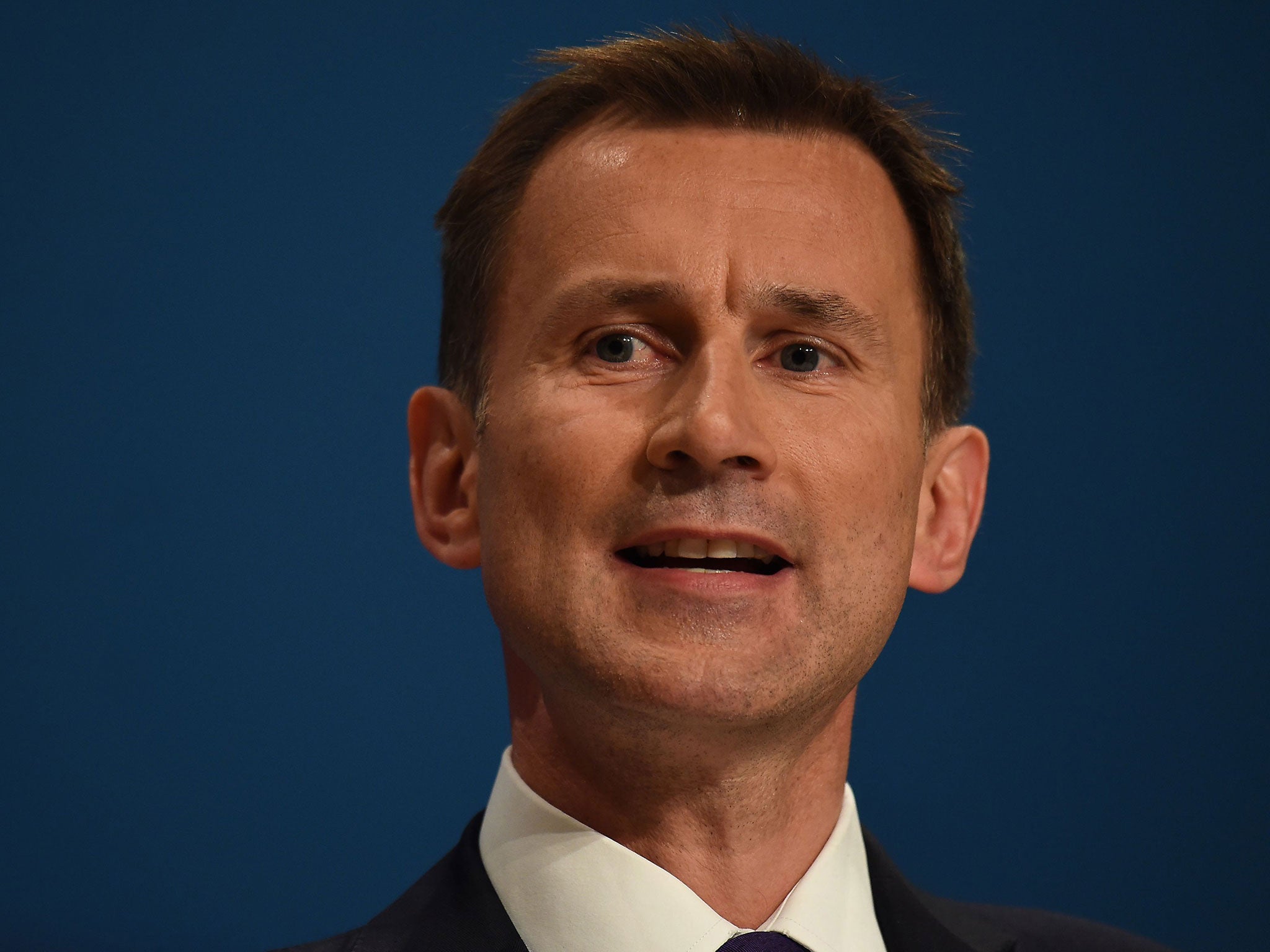Your support helps us to tell the story
From reproductive rights to climate change to Big Tech, The Independent is on the ground when the story is developing. Whether it's investigating the financials of Elon Musk's pro-Trump PAC or producing our latest documentary, 'The A Word', which shines a light on the American women fighting for reproductive rights, we know how important it is to parse out the facts from the messaging.
At such a critical moment in US history, we need reporters on the ground. Your donation allows us to keep sending journalists to speak to both sides of the story.
The Independent is trusted by Americans across the entire political spectrum. And unlike many other quality news outlets, we choose not to lock Americans out of our reporting and analysis with paywalls. We believe quality journalism should be available to everyone, paid for by those who can afford it.
Your support makes all the difference.The NHS could be made safer by removing more medical decisions from the hands of doctors and letting computers and protocols decide aspects of care instead, Jeremy Hunt has said.
The Health Secretary argued that the approach, which he described as “controversial”, had worked in parts of the American healthcare system and should be pursued in the UK.
“The truth is that safety in healthcare is actually about adopting protocols so that you are eliminating judgment from areas where you know you’ve got a proven way that works better and allowing doctors to spend their time in areas where you really do need their judgment,” he told a fringe meeting organised by the Reform think-tank at Conservative party conference in Manchester.
“What this does mean is that on primary care doctors actually have more time to spend with their patients because we’re allowing the computers and the protocols to do the work to leave them with more time to make judgment about other areas.”
Mr Hunt gave an example of a hospital in the United States where the production techniques of a Japanese car company had been copied and applied to healthcare.
He said this hospital had benefited from the new approach and that patients safety was better than ever.
Removing doctors from such equations would help reduce costs in the NHS without compromising patient care, the Health Secretary argued.
“One of the safety hospitals in the world is Virginia Mason hospital in Seattle. They developed their incredibly high standards by copying the production techniques used by Toyota and this was very controversial when they started on this journey 10 years ago,” he said.
“The doctors in this hospital said to the chief executive: ‘we’re looking after human beings, we’re not making cars’ – to which the chief executive replied ‘yes, but they look after their cars better than you look after your human beings’.”
Virginia Mason is a teaching hospital with just over 300 beds. In 2002 the hospital’s managers visited Toyota factories in Japan as part of a training course. The hospital is private and charges its patients for treatment.
“This is really the time most of all in the NHS’s history when we need to be serious about health reform,” Mr Hunt said.
The NHS 111 phone line already uses protocals in place of clinicians' judgements. The service, which replaced NHS Direct, has been met with a mixed reception.
The minister praised the NHS and said it was coping with increasing pressures well, however.
In other comments at the meeting, the health secretary hinted that he had some regrets with regards to his record.
“We all make mistakes in our jobs. Heaven knows I’ve made enough myself,” he said – giving no specific hints about what his regrets were.
Mr Hunt is currently engaged in a row with the British Medical Association over a proposed new contract for junior doctors.
Doctors say the deal, which will redefine anti-social hours and likely reduce pay for doctors working weekends, will put patients in danger.

Join our commenting forum
Join thought-provoking conversations, follow other Independent readers and see their replies
Comments